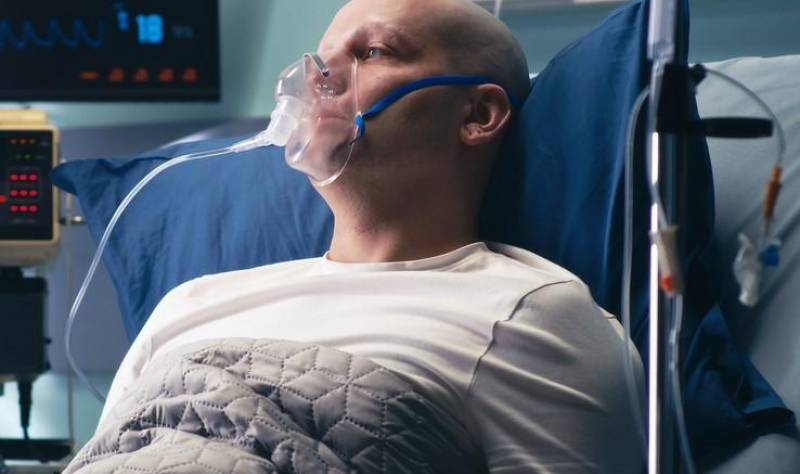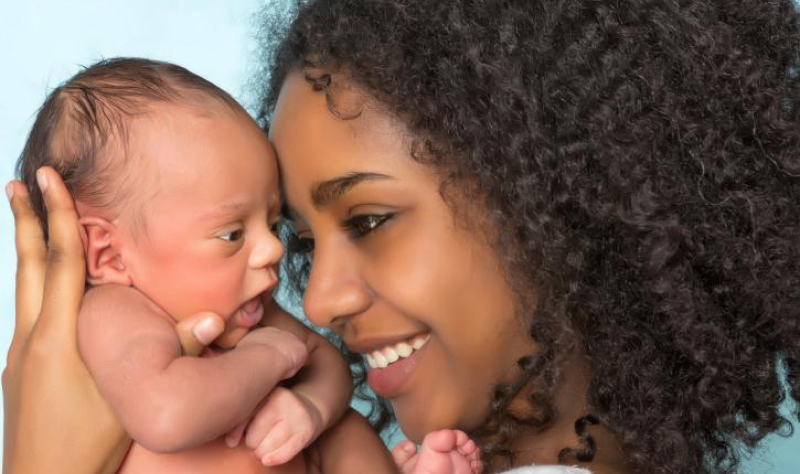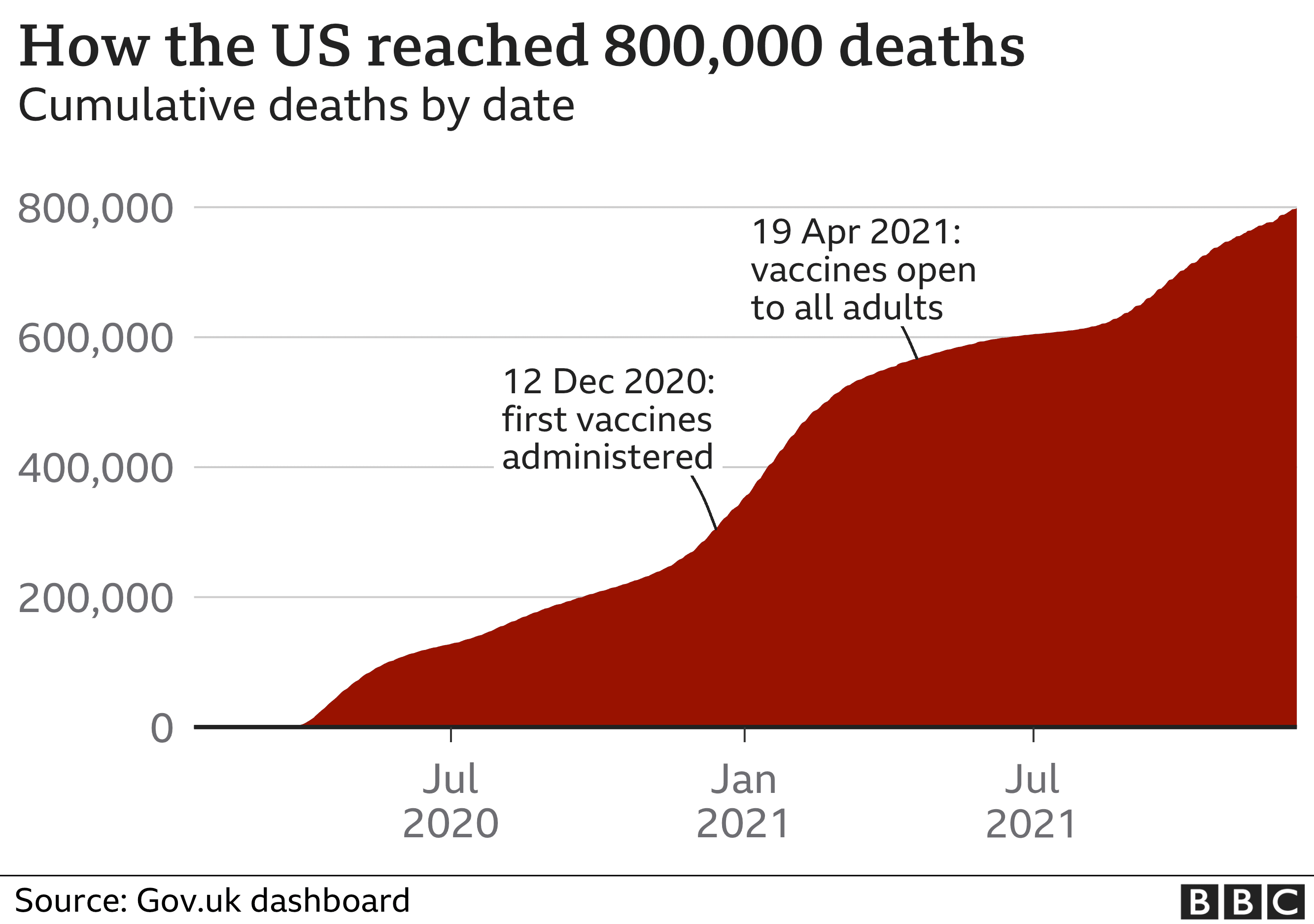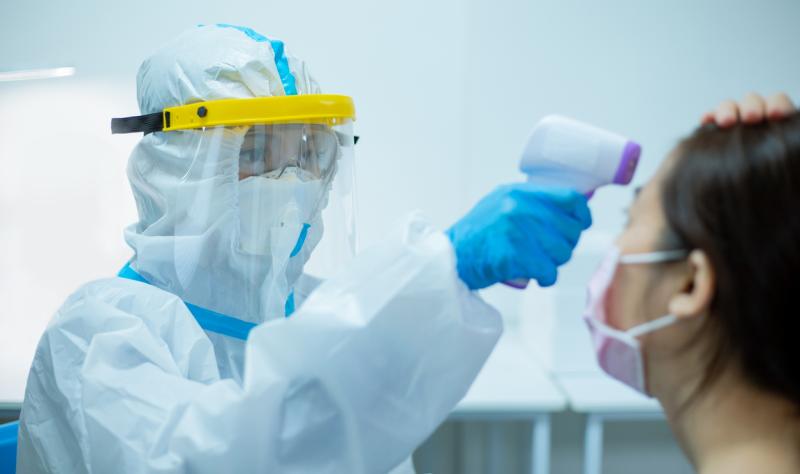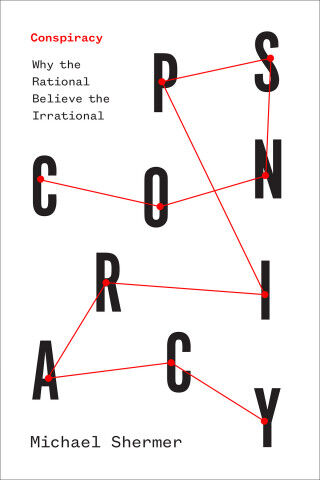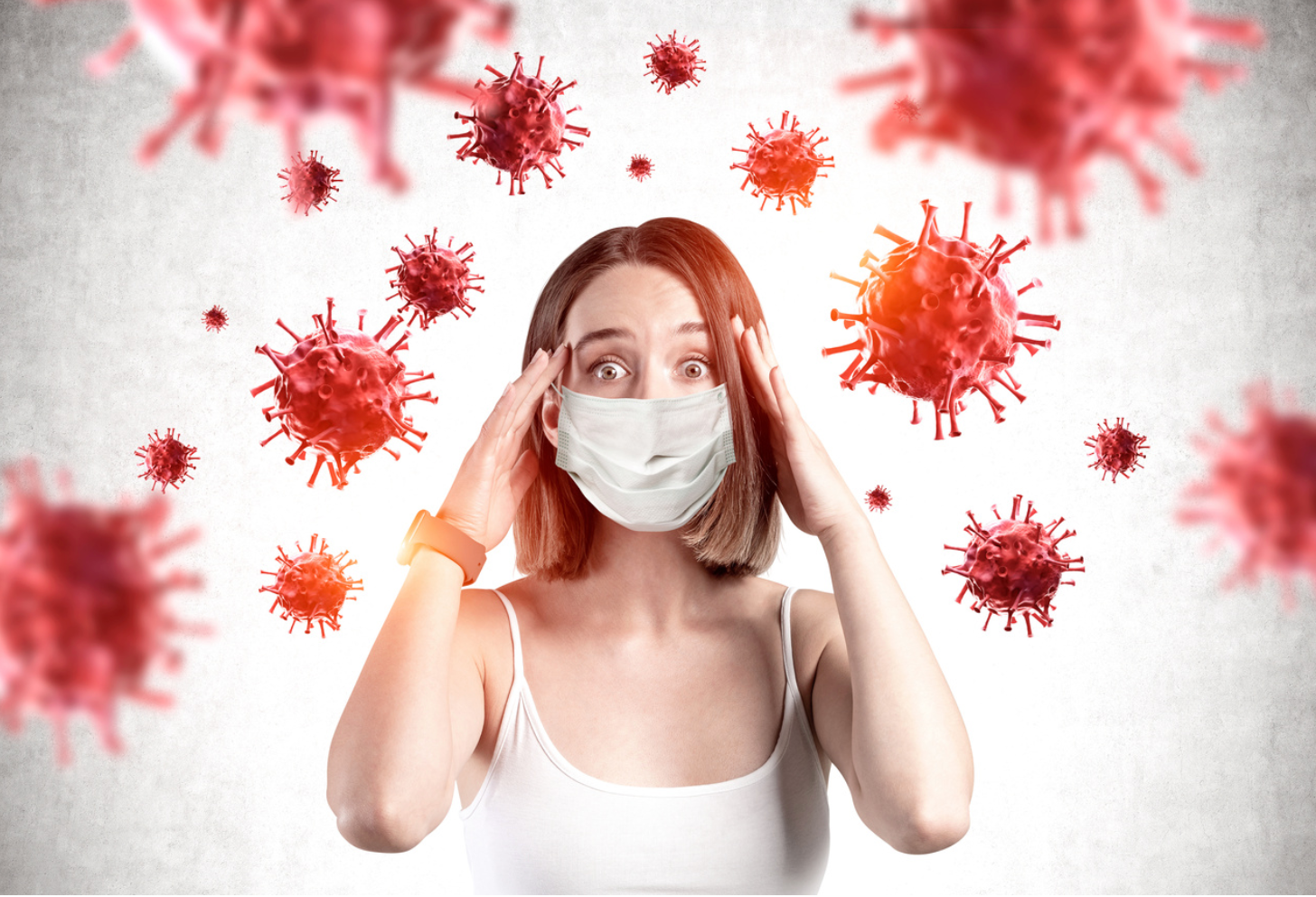New bivalent COVID vaccine not more protective, still recommended


But very few people have gotten the new shot. And some of those who have are still getting breakthrough infections, bolstering the findings of two small, preliminary studies that suggest the new shot is no magic shield after all and may give no greater protection than the previous booster shot.
Still, both studies support earlier findings that the new booster provides as much crucial protection against the deadly virus as the first booster.
While the state health department reports that unvaccinated people are three times as likely to be hospitalized or to die from COVID, symptoms increasingly resemble those of the common cold. So it’s easy to forget that 15 people a day are dying of the disease in California, and millions more are left with debilitating “long COVID” symptoms.
Heading into the holiday season, the Centers for Disease Control and Prevention reports that a mere 7.3% of Americans age 5 and older have been boosted with the latest COVID vaccine. In California, 11.4% of eligible people have been boosted with the new formula.
The poor uptake might be over-confidence on the part of a pandemic-weary public — or fear that it just doesn’t work very well.
But that would be wrong, said Noelle Chapman, chief pharmacy officer at UCSF, who was not involved with the studies.
“Essentially, patients can expect a similar response with the new vaccine,” she said. A vaccine that gives even the same level of protection is crucial as the coronavirus evolves, and “our defenses need to change as the virus changes.”
Greg Clinton, 64, understands that. The San Francisco psychologist couldn’t believe it when, three weeks after getting the new booster on Sept. 14, he was hit with a fever, a bad headache — and his first positive COVID test. The vaccine’s protections are supposed to kick in after two weeks.
“I was shocked,” said Clinton, who had felt extra confident because of the name of the new booster — “bivalent” — which means it protects against both the “ancestral strain” and the omicron BA.4/BA.5 variant.
Clinton felt so confident that he stood bare-faced for 45 minutes in a crowded food court line at the Westfield San Francisco Centre, which is where he thinks he caught the virus.
“God struck me down because I went to Shake Shack,” Clinton quipped.
His initial instinct was to think the vaccine hadn’t worked — until he realized that he had fully recovered from COVID, despite having asthma and the lung disease COPD.
“I’d get the booster again,” he said. “And going forward, I’ll get any that come up.”
Multiple studies of the new, dual booster have shown that it improves the body’s immune response to both strains.
What it did not do, however, was “induce superior neutralizing antibody responses in humans, at the time period tested, compared to the original monovalent vaccine formulation,” according to a small study published in October from researchers at Columbia University and the University of Michigan that has not yet been peer-reviewed.
In other words, it was only just as good. That study compared the antibodies produced in 21 people who got the bivalent booster as their fourth shot against 19 people who got four shots of the old vaccine, 14 who got three shots of the old version, and 20 who had been boosted and had a breakthrough infection by an omicron variant.
A second small study published in October compared immune responses in 18 people who got the bivalent booster when it came out in September, against those of 15 who got the original booster earlier this year.
About a third of participants had been infected by omicron at some point.
This study resulted in similar findings to the other, and confirmed that “both monovalent and bivalent mRNA boosters markedly increased antibody responses,” researchers from Beth Israel Deaconess Medical Center in Boston reported.
Despite diminished hopes that the new booster would be stronger than the old, Bay Area doctors are urging the public to get the shot, not only to protect against severe disease, but because the chances of getting long COVID are also lower among fully vaccinated people.
“I would be more concerned if the studies showed the (new booster) was less protective,” said Dr. Yvonne Maldonado, an infectious disease expert at Stanford. “I got my booster because I know I’ll run out of antibodies in three to six months regardless of which vaccine I get. So until we can sort it out, this isn’t worse.”
More studies are needed, Maldonado added, and could show that higher doses of the booster will help it work better.
Dr. Bob Wachter, chief of medicine at UCSF, put it bluntly: “This is the booster that’s available now, so get this.”
“It’s disappointing that it doesn’t work better, but we still haven’t seen large human trials in the hundreds or thousands,” he said. “But what I wouldn’t do if I were a patient is to wait to get the booster.”
Among the most vulnerable people to severe COVID are unvaccinated pregnant women — yet 57% of pregnant women are “unvaccinated or undervaccinated,” the CDC reported in October.
“Avoiding hospitalization or an ER visit is paramount for birthing people,” said Dr. Alissa Erogbogbo, an obstetrician at El Camino Health in Mountain View. “The vaccine is a proven benefit.”
Meanwhile, new and even more slippery omicron variants — BQ.1 and BQ1.1 — are taking hold, especially on the East Coast.
Because of that, said Clinton, the psychologist who got COVID after getting the bivalent shot, he’ll continue getting boosted but won’t let his guard down again.
“I can’t kick up my heels and just go do whatever I want,” he said. “I still have to be mindful of masking.”
Nanette Asimov is a San Francisco Chronicle staff writer. Email: nasimov@sfchronicle.com

